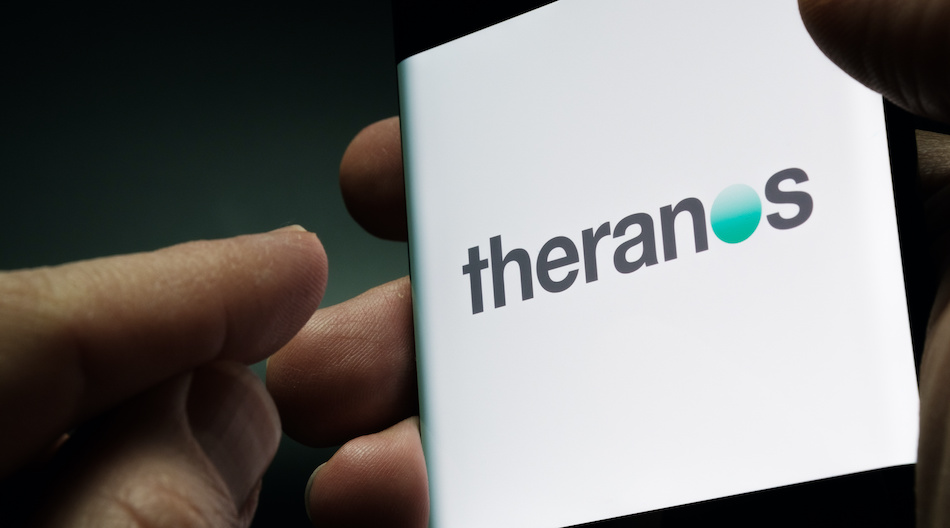In Brief: The Impact of the Theranos Verdict on Startups; the Growing Influence of Video Games
By Greg Beaubien
February 2022
Will Fraud Conviction of Theranos Founder Humble Tech Startups?
The fraud conviction of former Theranos CEO Elizabeth Holmes likely won’t temper the hubris of Silicon Valley startup culture. For tech entrepreneurs, dialing down their own hype could mean losing potential investors to louder startups with fewer qualms, as the Associated Press reported.
On Jan. 3, Holmes was found guilty of duping investors into believing that her startup Theranos had developed a revolutionary medical device that could detect a multitude of diseases from a few drops of blood. In 2015, a series of explosive articles in The Wall Street Journal uncovered potentially dangerous flaws in the technology.
Holmes’ conviction will generate “more caution among entrepreneurs, but for the most part, human nature being what it is, there is still going to be a tendency to exaggerate, especially when you know you might not get funded if you don’t,” said Richard Greenfield, a lawyer who represents startup investors. As for investors, he said, they’re “still going to want to reach for the moon.” The verdict “will send a message to CEOs that there are consequences in overstepping the bounds,” Ellen Kreitzberg, a Santa Clara University law professor who attended the trial, told the AP.
Where Ford Motor Company Sees the World Going
A world where demand for food, water and energy exceeds supply, wreaking “widespread scarcity and suffering across the globe” is the “likely scenario as we know it” for the distant future, says Ford Motor Company’s latest “Looking Further with Ford Trend Report.”
But rather than be forced to leave Earth for another planet, the report says, we can create a different future in which food is bioengineered, water is extracted from the atmosphere and climate change is blunted by dramatically altering how we produce energy. According to Ford, achieving these ends requires everyone to “think and act differently.”
As the report states, in the not-so-distant future, people and goods will be transported by driverless, electric vehicles and by flying cars and drones.
“Change that’s beyond our control or influence may make us uncomfortable, but it also can make us better,” Sheryl Connelly, Ford’s chief futurist, writes in an introductory note for the report.
As Video Games Influence Culture, Brands Take Notice
Video games have traditionally been inspired by movies and other media, but the opposite is starting to happen. As Digiday reports, online video games and their most popular players are becoming valuable sources of intellectual property and revenue in their own right, sometimes driving the consumption of movies and other non-gaming media.
In November 2021, the animated show “Arcane,” based on the video game “League of Legends,” was the most-watched English-language series on Netflix. In 2020, the movie “Sonic the Hedgehog” earned $300 million in ticket sales, becoming the most successful feature film based on video-game intellectual property.
As video-game activity increases, brands and marketers are paying attention to how people play the games — and sometimes creating new products for them. Mountain Dew, for example, is developing a drink just for gamers.
Josh Glodoveza, vice president of talent for Fanjoy, a company that sells apparel on behalf of social media influencers, says “We see brands partnering up with gamers to make something special.”
Should You Admit You’re Burned Out at Work?
More than half of workers said their mental health has degraded since the pandemic began, a survey from the Conference Board found in September. As The Wall Street Journal reports, higher workloads and blurred job boundaries are chief culprits.
Still, telling the boss you’re burned out can carry a stigma. First, assess what you would need to stop feeling overwhelmed, recommends Taisha Caldwell-Harvey, founder of The Black Girl Doctor, a virtual therapy practice. If you can’t feel better on your own, consider asking for a deadline extension, different work hours or a leave of absence.
Despite the risks, sharing how you feel can empower colleagues to do the same, building trust and alleviating a pressure-cooker work environment.
Erin Kelly, a professor at the MIT Sloan School of Management, said her research shows that when managers are trained to ask employees how they’re doing personally and professionally — and to offer them flexibility when needed — workers experience significantly less psychological distress.



